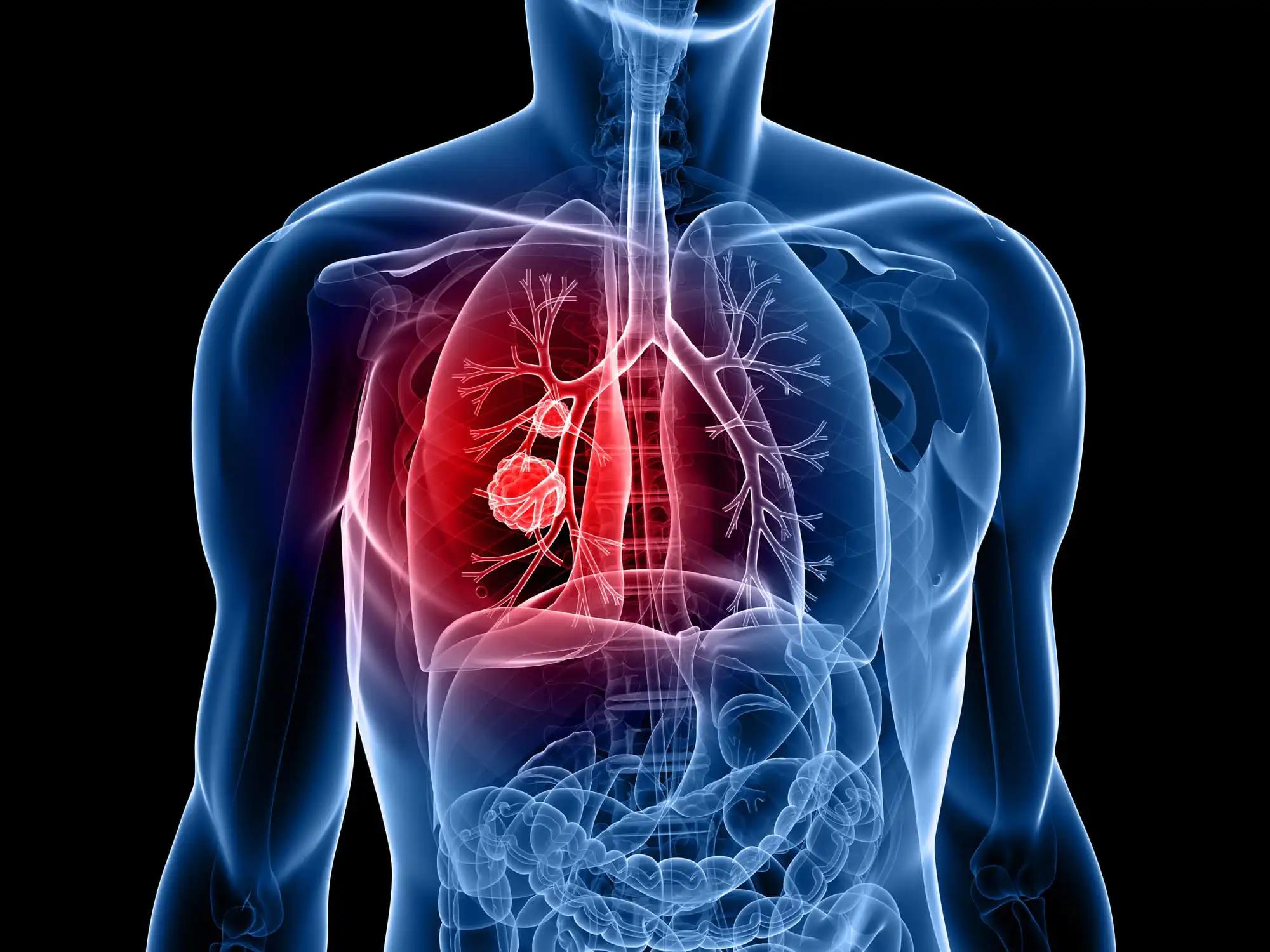KEY TAKEAWAYS
- The IMpower110 phase III trial aimed to assess the impact of smoking status on atezolizumab efficacy and LTB in PD-L1 high NSCLC patients.
- The results demonstrated that the PD-L1 high lung cancer patients receiving atezolizumab monotherapy achieved superior efficacy outcomes and long-term benefits compared to chemotherapy.
Metastatic non-small cell lung cancer (NSCLC) stands as a prominent global cause of cancer mortality. While the introduction of immunotherapies has enhanced overall survival (OS), specific subgroups, notably never-smokers, seem to experience reduced benefits from immunotherapy monotherapy.
Luis Paz-Ares and his research group spearheaded the study that aimed to investigate the differential efficacy of atezolizumab versus chemotherapy in PD-L1 high NSCLC patients based on smoking status in the IMpower110 trial, with a specific focus on the achievement of long-term benefit (LTB) in ever-smokers.
The study utilized Kaplan-Meier curves and forest plots to examine baseline characteristics and efficacy outcomes, including OS and progression-free survival (PFS), in the specified population and relevant subgroups. The LTB group was characterized as patients surviving ≥2 years post-randomization. Factors associated with LTB were assessed through Chi-square tests.
The study analyzed baseline characteristics and efficacy outcomes, including OS and PFS, in the specified population and relevant subgroups. Kaplan-Meier curves and forest plots characterized the LTB population—patients surviving ≥2 years post-randomization. Factors linked to LTB were evaluated using Chi-square tests.
In the PD-L1 high population, the OS HR was 1.80 (0.71-4.52) for never-smokers and 0.71 (0.49-1.04) for ever-smokers. In the ever-smoking, PD-L1 high population (181 patients, 88.3% of those with high PD-L1 expression by SP142), atezolizumab demonstrated a median OS of 23.13 months compared to 11.04 months with chemotherapy (HR= 0.71; 95% CI: 0.49-1.04; p=0.079) over a median follow-up of 30.6 months.
Atezolizumab also exhibited a favorable median PFS of 8.34 vs. 4.88 months (HR= 0.56; 95% CI: 0.40-0.78; p<0.001). Long-term benefit (LTB) was achieved by 46% (n=45) with atezolizumab and 33% (n=27) with chemotherapy. In the atezolizumab arm, clinical factors such as ECOG, liver metastases, and race were significantly associated with LTB.
The results showed that the disparities in the efficacy of monotherapy immunotherapy versus chemotherapy are underscored based on smoking status. Atezolizumab demonstrated superior efficacy outcomes and afforded LTB to a greater proportion of patients in the PD-L1 high population who are ever-smokers compared to chemotherapy. The study was sponsored by Hoffmann-La Roche.
Source: https://cslide.ctimeetingtech.com/immuno23hybrid/attendee/confcal/show/session/34
Clinical Trial: https://clinicaltrials.gov/study/NCT02409342
Paz-Ares L. ‘ ‘ Exploratory efficacy analysis by smoking status in PD-L1 high patients in the phase III, non-small cell lung cancer (NSCLC) IMpower110 study.’’ Presented at ESMO I-O 2023 Geneva, Switerzland (Presentation Number 3P)



